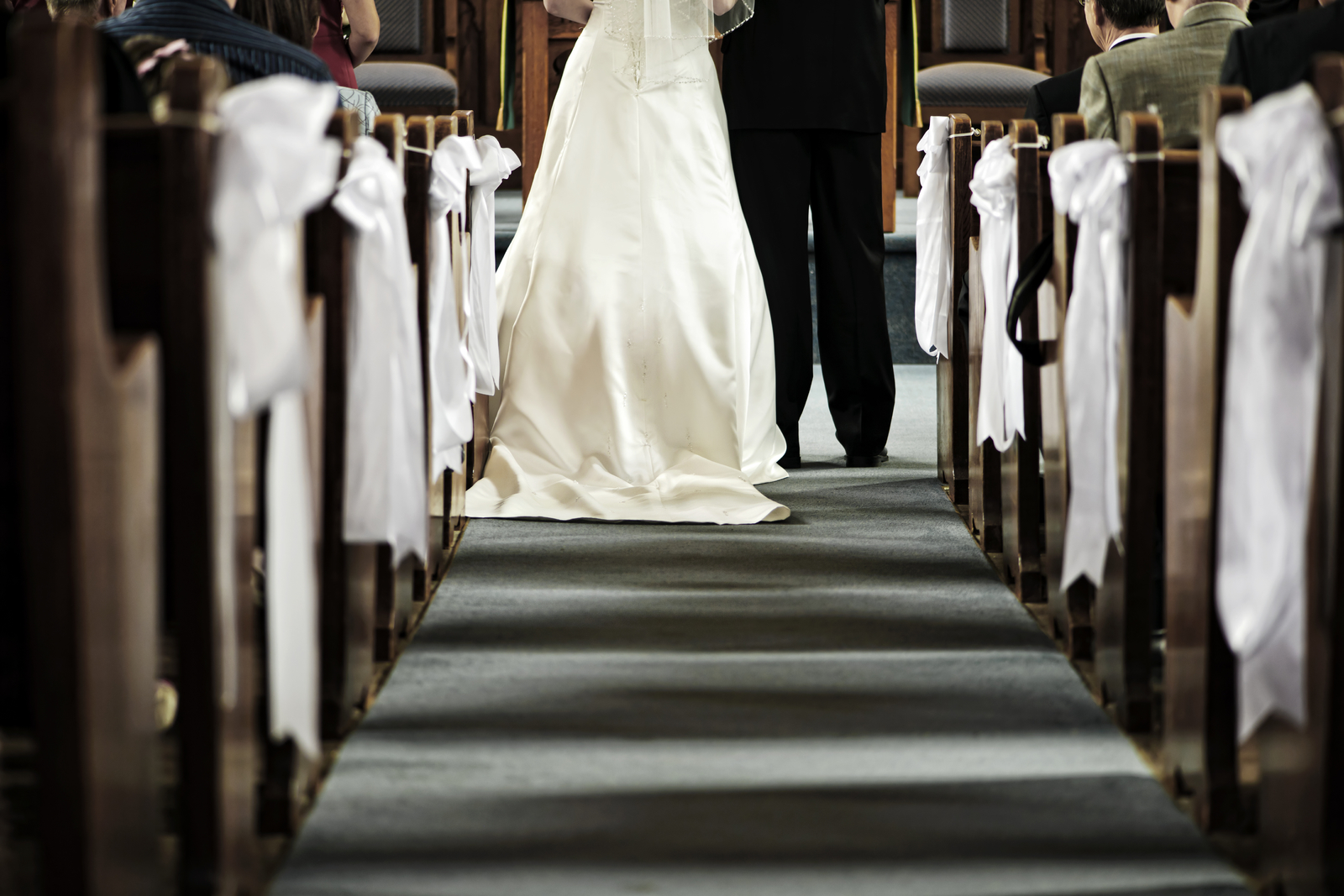Those are the concluding words written by U.S. Supreme Court Justice Anthony Kennedy in his June 26, 2015, opinion in Obergefell v. Hodges. With that opinion, in slightly more than 12 years, the United States went from having no jurisdiction recognize or grant same-sex marriage rights to affording the rights and responsibility associated with marriage to all couples, regardless of gender. In Obergefell the court effectively put an end to the marriage equality debate, holding that states are required to permit same-sex marriages and are also required to recognize same-sex marriages performed in other states. Since the decision there has been celebration on one hand and backlash on the other.
In many respects the decision does not affect Pennsylvania, as same-sex marriage has been permitted here since the Whitewood v. Wolf decision issued on May 20, 2014. But now that marriage equality has reached Pennsylvania, what are the ramifications for attorneys? What should we expect? What should we know? There may be more questions than answers.
Obergefell most impacts attorneys practicing family law. The foundation of family law is marriage … and divorce. With eligibility for a new group of rights and responsibilities, same-sex couples now have legal services available to them that were once foreign. For example, couples who once were executing cohabitation agreements because they were not able to get married are now executing prenuptial agreements. Prenuptial agreements are important, as they permit parties to outline what happens financially and legally if their relationship sours or if one party dies. As noted in the following paragraphs, the length of the parties’ relationship may become an issue, and parties should consider addressing that issue in a prenuptial agreement or in a postnuptial agreement if the parties are already married. In doing so the parties could outline a mechanism for the court to use in determining the length of the relationship and its effect on any future divorce. It is unclear whether the court would be bound by such an agreement, although the alternative of not having such an agreement could be far worse.
Defining Length of Marriage
Perhaps the largest legal quagmire for family-law practitioners is defining the length of marriage. Many same-sex couples have been together for decades without the ability to marry. In a divorce the courts are required to consider the length of the parties’ marriage. If, for example, the parties in a same-sex couple committed to one another in 1990 but did not marry until 2014, when same-sex marriage was permitted in Pennsylvania, and they separate in 2015, are we treating the length of marriage as one year? Or will the courts consider evidence related to the relationship from 1990 to 2014? It seems unreasonable to ignore the 24 years of the relationship when marriage was not an option. It also seems contrary to the Divorce Code to consider anything but the length of the parties’ marriage, as marital property is only acquired from the date of marriage through the date of separation. So which is it? At this point there is no clear answer. We will have to wait to see how courts address this issue, although it should be noted that courts addressing divorces are courts of equity.
The determination of the length of a relationship also becomes an issue if the parties had established a civil union or a domestic partnership outside of Pennsylvania. Do these legal relationships count as marriage if and when dissolution proceedings are commenced? Again there is no answer, as it is not entirely clear how those legal relationships can be dissolved because Pennsylvania never had those legal relationships and did not recognize them before Whitewood. Historically, attorneys would seek relief in civil court, as those relationships were seen as civil contracts. With marriage equality, are the doors of family court now open to commence dissolution proceedings? That remains to be seen. Some counties have permitted dissolution pleadings to be filed in their domestic-relations courts, while others have not.
Spousal Support
Another area of family law that will be impacted by the marriage-equality decisions is spousal support. While spousal support can take on various forms depending on the status of the proceedings, one factor that the court is required to analyze is the length of the relationship. In fact it is rare for a party to pay spousal support to the other party for a duration that exceeds the length of the marriage. It is not known if this rule of thumb will be applied to same-sex couples who have been together for decades but married only for months or years.
Custody
Undoubtedly the most litigated area of family law is custody, and Obergefell certainly may have an impact on that area. The judicial doctrines of the presumption of paternity and paternity by estoppel appear now to have been transformed into the presumption of parentage and parentage by estoppel. The doctrine of presumption of paternity requires courts to presume that children born during a marriage are the children of the parties to the marriage. The prerequisite of marriage is not needed in paternity-by-estoppel matters, where legal precedent estops a person who has held himself out to be a parent of a child from later denying that he is a parent. Presumably these doctrines must apply equally to same-sex marriages and parents as they apply to opposite-sex marriages and parents.
Even with marriage equality nationwide, same-sex couples should consider adoption. They should not rely on the legal presumptions noted above or on their names appearing on the child’s birth certificate. An adoption is a legal decree of parentage, while a birth certificate is mere evidence and not an order of parentage.
Real Property
Family-law practitioners do not have a corner on the increased market of legal work available as a result of the Whitewood and Obergefell decisions. Real-estate attorneys who represent same-sex couples must also consider the decisions. For example, real property that was once deeded to parties as joint tenants with right of survivorship or as tenants in common should now be modified to be deeded to the parties as tenants by the entireties to protect not only against individual creditors but also to protect upon death and to lessen any estate-tax implications. This modification should be tax exempt. And if one party in a same-sex marriage wishes to purchase real property individually during the marriage, a spousal waiver related to the property must be considered.
In the Event of Death
Prior to marriage equality, same-sex couples had to jump through numerous legal hoops to ensure that they were protected upon the death of a partner. Powers of attorney and living wills were drafted and adoptions were even performed to provide legal protections in the event of death. Now same-sex married couples will be afforded the same privileges that opposite sex married couples experience in death, such as the right to elect against a spouse’s will and the estate-tax exemption.
Benefits
While many federal benefits were extended to same-sex married couples after the U.S. Supreme Court’s 2013 decision in U.S. v. Windsor, many benefits are just now being made available to those couples. Again the issue that will be presented in relation to same-sex marriages is how to define the length of the relationship for benefits purposes. For example, a spouse is permitted to collect Social Security benefits under another spouse’s plan after 10 years of marriage. Do we define the length of the relationship differently for same-sex married couples who were not provided the ability to marry on a national level until 2015? To date there has been no administrative guidance on this issue.
Personal Injury
In the area of personal injury, claims for loss of consortium and wrongful death are now available to all married couples, regardless of gender. Previously these claims would not have been available if the same-sex parties were married and then moved to a state that did not recognize their marriage. Movement between and among the states is now irrelevant.
Employment
Same-sex married couples are still not treated as equals when compared to their opposite-sex counterparts, as they are still afforded no protection in employment or housing and may be fired or discriminated against in either area due to their sexual orientation or identity. This may, however, be changing, as the U.S. Equal Employment Opportunity Commission held on July 16 that discrimination against gay, lesbian, bisexual or transgender individuals on the basis of their sexual orientation or identity violates the 1964 Civil Rights Act.
Aftermath
Since the Obergefell decision there has been some backlash to its holding that all couples, regardless of gender, have the right to marry. Some examples include civil servants in Kentucky refusing to issue marriage licenses to same-sex applicants, a judge in Ohio refusing to perform a civil marriage ceremony that is normally part of the court’s civil duties and the introduction of so-called “religious freedom” bills across the nation. Only time will tell if these acts are constitutional or if these bills pass.
Married citizens in Pennsylvania have more than 570 legally recognizable rights and responsibilities, and those rights and responsibilities now extend equally to both same-sex and opposite-sex couples. There are still many unanswered questions, but now it is clear that marriage is to be enjoyed by all.



